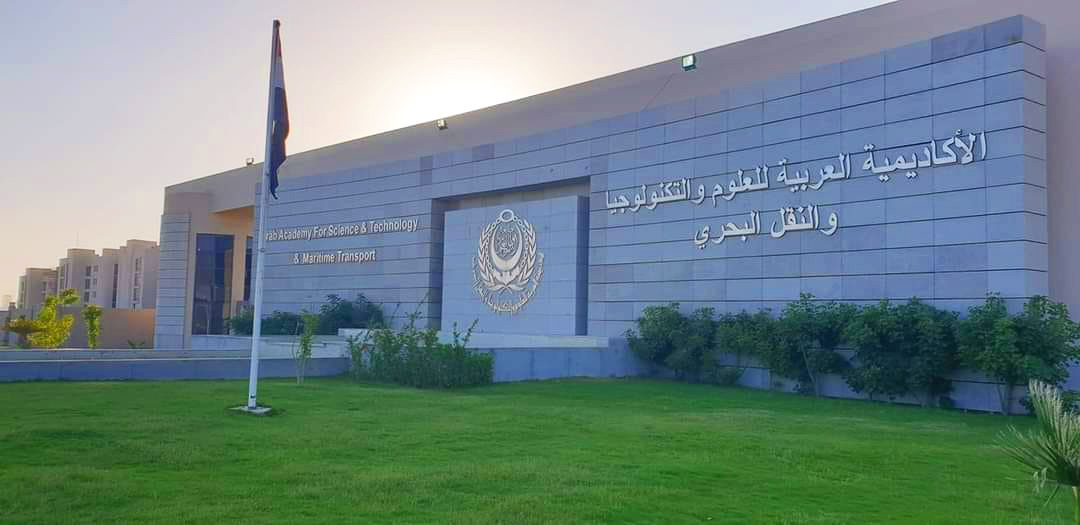
The Finance deparment at the College of Management and Technology Alamein develops the analytical and behavioral skills necessary for the success in dynamic domestic and global financial environments. Courses are designed to provide students with an understanding of the relationship between business finance and economic system in the context of the management decision process. In addition to, the appropriate use of technology, new organizational structure, entrepreneurial thinking, and international awareness are integrated throughout the program. Finance department prepares students for entry level and leadership positions in private and public sectors. Students seeking careers in real estate, corporate control, treasury functions, and investments will find the finance major well suited for their needs. Finance deparment serves the needs of students throughout the region by offering a program that provide local and global perspectives, promote critical thinking and develop effective communication skills.
Finance department seeks to provide a quality education to students that will prepare them for leadership positions within the finance profession. It helps students to understand the process of integration and the application of core competencies and skills in business.
In addition, it provides students with an education that emphasizes the concepts of financial management, investment problems, capital markets, business ethics and decision making strategies. Moreover, Finance department plans to provide students with strong undergraduate foundation in the theory and application of finance and accounting, building upon a liberal art and science education, where we can cultivate independence, critical thinking and sense of responsibility.
Basically, our objectives are to enhance student's learning process through applied research, while recognizing the contribution of basic research. Also, prepare students to identify, analyze, and understand the interrelationships among business organizations and international, governmental, and domestic institutions in Egypt, the Middle East and throughout the world. Finally, Finance deparment wants to help students to make professional certificate examinations such as CFA, CMA etc.
1. Program Title
2. Intended Learning Outcomes
The students registered in the Finance major require finishing 24 Core courses, 18 Major courses, and any 6 of the elective courses to graduate or students who wish to have specific minor are to choose specific 4 courses of minors required + any 2 general elective courses.
Core Courses:
| Code | Title |
| MGT111E MTH111E ECO111E ENG111E BIS111E ACC111E MGT121E MTH121E ECO121E ENG121E BIS121E ACC121E MKT211E MGT211E STA211E MGT212E MGT222E ACC221E MGT311E FIN221E MGT311E MGT312E LAW211E MGT411E MGT421E |
Principles of Management (1) Math (1) Micro Economics English for Business (1) Introduction to Information Technology Accounting (1) Principles of Management (2) Math (2) Macro Economics English for Business (2) Management Information Systems Accounting (2) Principles of Marketing Organizational Behavior Descriptive Statistics Operations Research Research Methodology Cost Accounting Human Resource Management Financial Management Production & Operations Management Materials & logistics Management Business Law Organizational Analysis & Design Strategic Management |
Major Courses:
| Code | Title |
| ACC211E STA221E FIN311E ACC311E ACC312E ACC321E FIN321E ACC322E ACC323E ACC411E ECO411E FIN411E FIN412E FIN413E FIN414E FIN421E FIN422E FIN423E ACC424E FIN424E |
Intermediate Accounting 1 Inferential Statisitcs Financial Markets and Organizations Managerial Accounting 1 Auditing Internal Control Investment Accounting Information Systems Managerial Accounting (2) Tax Accounting Feasibility Studies Advanced Financial Management Insurance and Risk Management Derivatives Graduation Project in Finance 1 International Finance Islamic Finance Advanced Investment and Portoflio Management Advanced Financial Accountng Graduation Project in Finance 2 |
Elective Courses
| Code | Title |
| ELC478E ELC477E ELC487E ELC486E ELC471E ELC462E ELC453E ELC451E ELC482E ELC497E |
Economic of Recourses & Environment Cultural Affairs Contemporary Issues in Business & Economics Principles of Sociology Speech & Communication Skills Computer Applications in Business Events Management and Planning Egyptian Culture and Civilization Egyptian History Etiquette |
The Department of Finance & Accounting prepares students for an extensive, and diverse portfolio of career opportunities in business, not-for-profit and governmental organizations.
Graduates are prepared to enter positions in corporations, financial institutions, brokerage houses, investment banks, and the government as corporate finance officers, bank officers, and investment and credit analysts. Graduates from the program are also well-prepared for postgraduate studies in many areas of business.
In addition, the concentration provides an excellent foundation for those seeking careers in management consulting, line management, and small business management. Job descriptions include duties like securities analysis, credit analysis, valuing companies, assessing new technology, annual plan development, and portfolio analysis.
College of Management and Technology - El Alamein
AASTMT, New El Alamein City, Matruh, Egypt.
Tell: 19838
Facebook:
https://www.facebook.com/CMT.alamein?mibextid=LQQJ4d